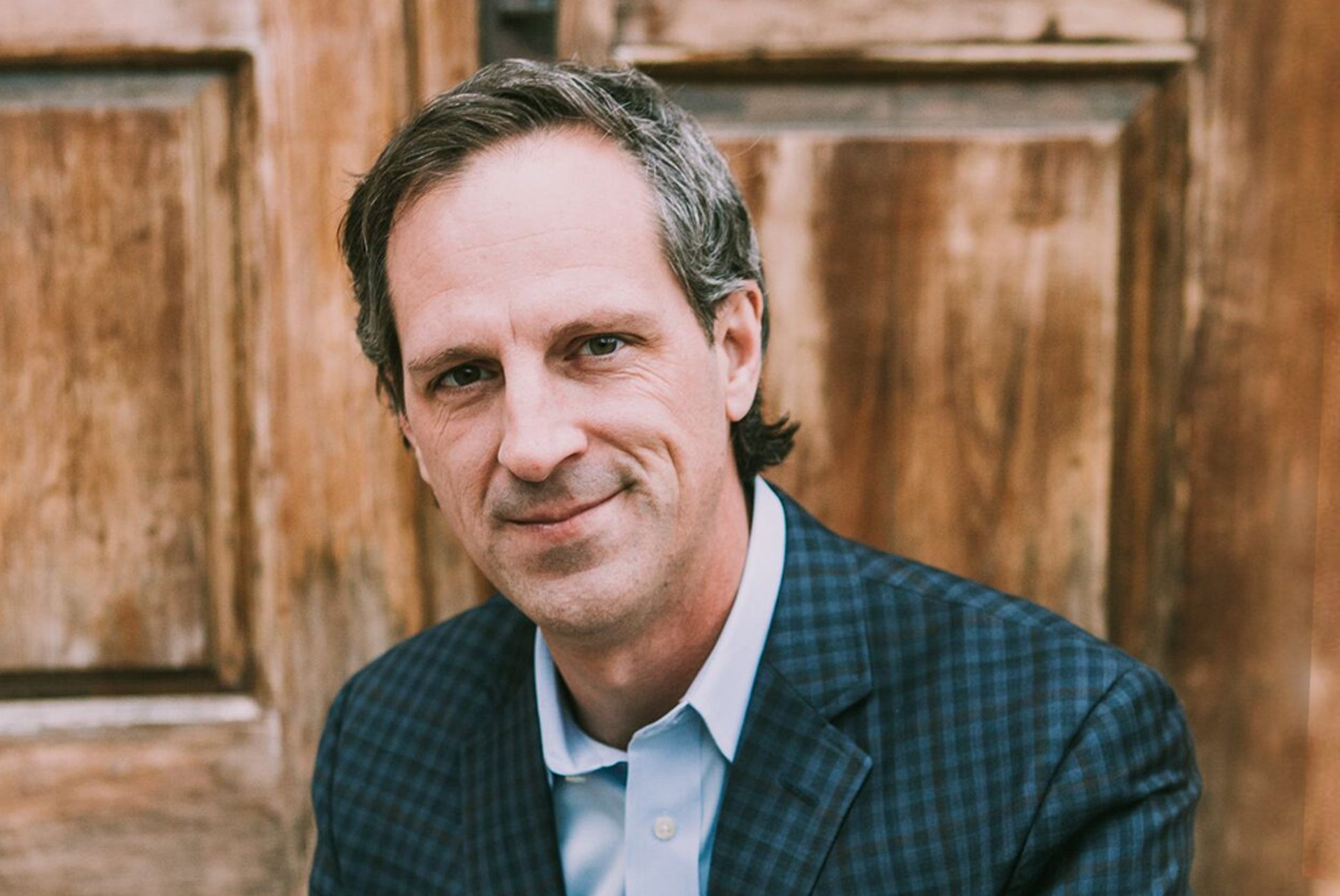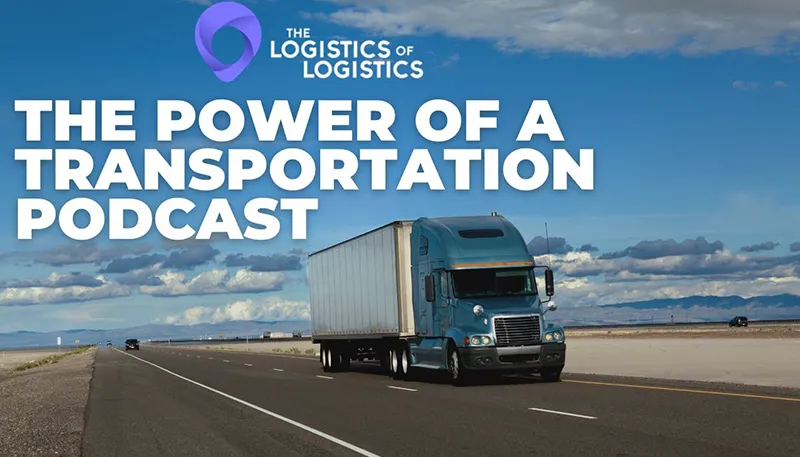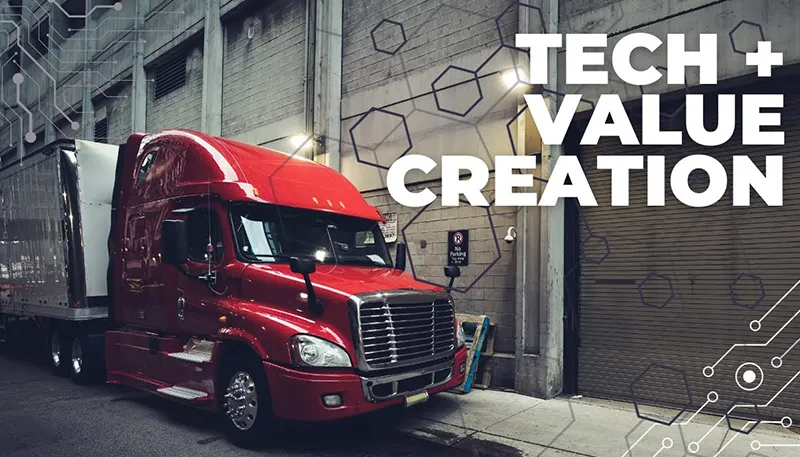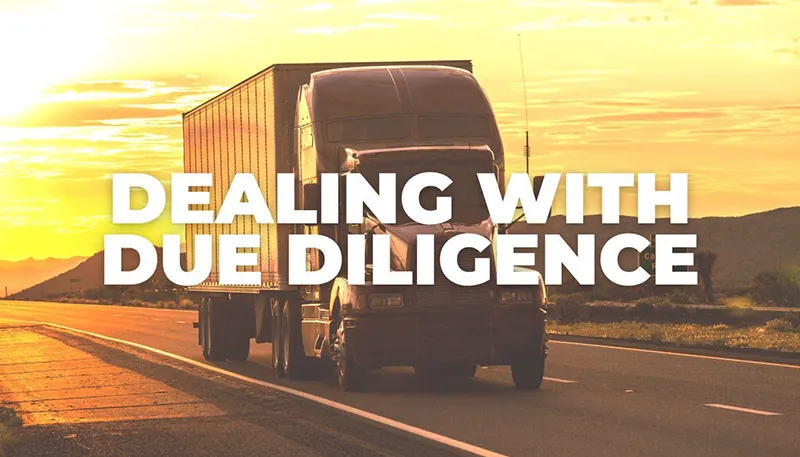Ownership Alignment Key to Addressing Final Mile Opportunities and Risks
Posted on August 11, 2021 by Fusebox Marketing

Prior to owning Tenney Group outright, my dad and I were business partners for eight years. We had always enjoyed a very healthy working relationship. As time went on, I began to see a very clear vision for where I wanted to take our business in the future. I desired to expand significantly to profoundly impact the lives of our employees, our clients, and our community. I was very comfortable with the added risks associated with my vision. My dad saw the potential of my vision and shared my excitement; however, being 30 years apart in age, he had a very different risk tolerance. He also had the controlling interest in the business, and as a result, we held off on expanding and maintained the status quo…for a few years.
During this time, I noticed two things. 1) My relationship with my dad/business partner got a little colder. Candidly, I was downright resentful at times, and I often felt like I was being held back. 2) Company morale began to sag. The overall energy of our work became less inspired. This caused me to become very concerned about being able to keep our top talent. To get “un-stuck,” we desperately needed a spark and a clear company vision that captured the imagination of our team. Ultimately, it was my dad who was the one who forced the issue and initiated bold action. He recognized that our goals and appetite for risks were not in alignment and the misalignment was affecting everyone we cared about – including one another. Unless we quickly realigned our goals, our business and our people would never reach their full potential. Soon thereafter, we took swift and necessary action and completed a partner buyout.
Many final mile delivery companies have similar partnership dynamics. As the pandemic and explosive demand continue to disrupt final mile delivery, many business partnerships are confronting a whole new set of risks. The new risks are exposing incredibly misaligned goals and wide gaps in risk tolerances between business partners. To protect future business performance, the jobs of your employees, and the wealth of all shareholders currently tied up in the company, business partners must get their goals and risk tolerances in complete alignment. How can business owners/partners in final mile delivery make the necessary adjustments to boldly confront today’s great industry challenges? Here are four steps.
1.) Acknowledge Misalignment and Potential Cost of No Action
Reinvesting in a final mile delivery company creates new risks. For one partner, adding new risks may put established financial security in jeopardy; however, failing to reinvest in the business may remove another business partner’s best chance to create meaningful wealth. To get goals aligned, partners must initiate a conversation to acknowledge that they have competing interests that will not allow the business or the partners to thrive. They must also acknowledge that failure to align goals will adversely affect each other and the people they care about most.
2.) Shift Risks/Roles/Control to Willing and Capable Party
Once the partners have acknowledged that misalignment is a problem that must be dealt with, they can begin to shift risks and control to a capable and willing party. This could be to one of the existing partners or to a third party through a sale of 100% interest. It just depends on the available capital for partners to work out a deal. In my situation, I didn’t want my dad out of the picture. I wanted and needed his expertise to go execute my vision. I just wanted control of the business. My dad wanted to play an active role in realizing the vision, but he was not willing to take any additional risks to execute it. He had made commitments to my mom, his personal health, etc. So, we took his risks off the table through a complete buyout and re-engineered his role. This new arrangement allowed us to harness all his experience, creativity, and energy to help me be successful. At the same time, if I was not successful, he would have no exposure to the loss.
3.) Create a Path to Wealth Diversification & Innovation
Prior to the buyout, my dad had a significant portion of his personal wealth tied up in Tenney Group. This created stress and affected his attitudes toward innovation and change. The partner buyout gave him the path to do something he never had the opportunity to do – diversify. It also gave him a huge energy boost. The effects of diversifying his risks through financial investments across other industries and wealth instruments were profound. When the weight of the world isn’t on your shoulders, creativity and innovation explode. Today, my dad is easily our team’s highest contributor of innovative ideas. I have seen this play out countless times for transportation and logistics business owners that sell their business and accept a new role from the buyer. Leveraging a lifetime of knowledge with someone else’s money is a powerful prescription for change.
4.) Unleash Bold, Swift, & Necessary Action
Finally, once a business is free of a partnership dynamic that is creating strategic paralysis, amazing things can happen. 1) Ownership can adapt to situations in real-time and make necessary, bold moves that separate the business from the competition. 2) When capital investment and risk-taking tie to a strategy that extends beyond tomorrow, we unleash the talents and imaginations of our best and brightest people. We can’t win the future without 100% engagement from our top talent. 3) Our families, communities, charities, or foundations, who depend on our company’s future success and financial support, are protected and continue to thrive.
Conclusion:
Between hyper-growth and technological innovations, the available opportunities in final mile delivery are multiplying by the day. The associated risks to execute on the available opportunities are also growing and adding stress to misaligned ownership teams. However, sometimes moments of extreme stress can be helpful in that they eliminate all excuses to delay necessary, bold action. Aligning goals starts with regularly scheduled communication between business partners. Sometimes it helps to use a third party to facilitate the conversations in order to produce authentic feedback and real action. Whatever you do, start now. The earlier you act, the more paths you will have to protect the interests of “all” shareholders and the future of the people who make your business great.
Spencer Tenney is President & CEO of Tenney Group, an industry specialized merger & acquisition advisory firm that has been dedicated to the transportation and logistics industry since 1973. Tenney Group has advised on the sale of three final companies in the past 18 months and is a proud member of the National Home Delivery Association.


